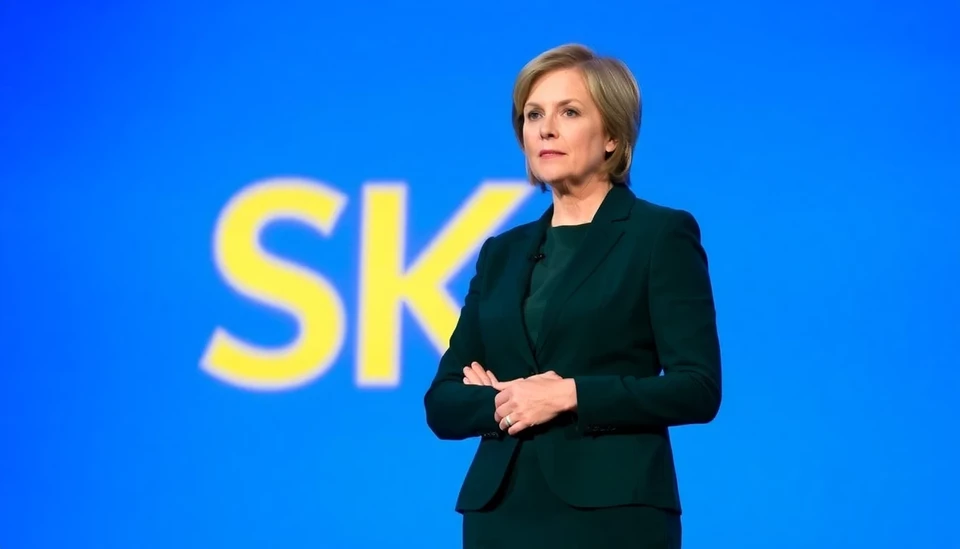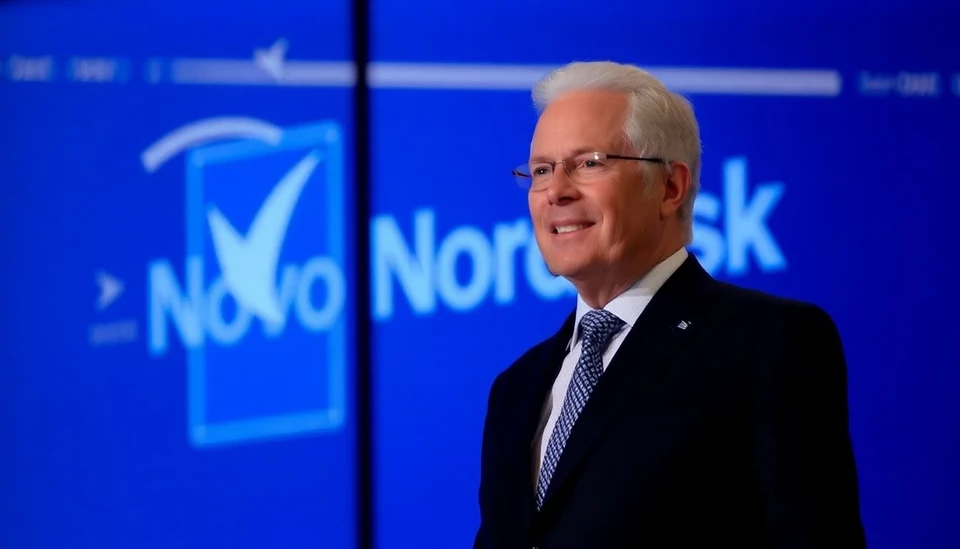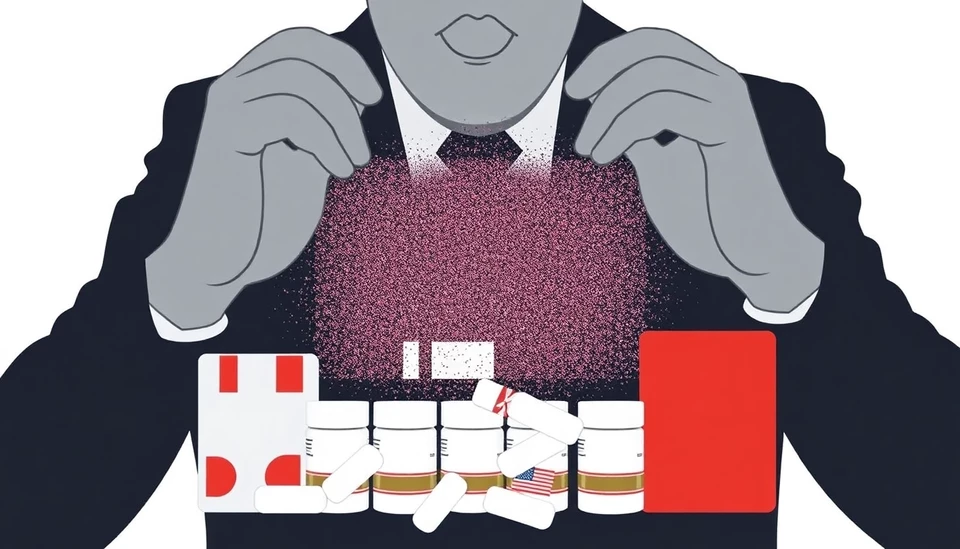
In a welcome breakthrough for both pharmaceutical companies and patients dependent on vital obesity and diabetes medicines, supply shortages of Mounjaro and Zepbound have finally been resolved. These medicines, which play a vital role in the management of diabetes and weight loss, were under short supply resulting from unforeseen demand and complex interruptions in supply. Recently, there has been promising news in the announcements of drug manufacturers as early signals of stabilization in the availability of these vital drugs have shown signs.
This casing of supply constraints is expected to have impacts across the board, particularly in the pharmaceutical landscape, where generic drugmakers had quite keenly eyed the market. Through the shortage, demand for alternatives had surged, prompting a wave of interest in the potential market for knockoff versions of these medications. Restored supply chains to normal levels may well change the dynamics in this mushrooming market.
While the shortage lasted, generic manufacturers were getting ready to fill in the gap by increasing production to replace the scarce brand-name drugs. They only partially succeeded, as this was somewhat dampened by the usual regulatory and quality control setbacks that normally beset the launch of generic drugs. Indeed, now that plentiful supplies of Mounjaro and Zepbound are back in the market, such challenges could slow the pace of the production of knockoffs.
Companies like Mounjaro and Zepbound have hugely developed their capacity through efficient supply chains, with much reliance on producing the quantities needed. This has come through strategic alliances and investments in the most modern manufacturing technologies. The rationale behind these efforts is not only to satisfy demand today but also to provide a robust operational framework within which future fluctuations in demand will be more easily absorbed.
The resolution will, therefore, prove beneficial for both health professionals and patients in that this will ensure continuity in treatment courses with these drugs for diabetes and obesity-with which there would be severe health implications for many people. In addition, the resolution of the supply shortage means that such issues as price inflation due to scarcity may also be surmounted, making the medications accessible to patients.
However, this is not without the possibility of generic alternatives. Although this pressure has, for the time being, been lifted off its shoulders, the pharmaceutical industry is well accustomed to such sudden turns of events that may drastically alter prevailing market conditions. The demand for such fake versions will be closely monitored by the industry analysts.
When it comes to patients, restoration of the supplies of Mounjaro and Zepbound will mean going back to normalcy in their respective therapeutic routines. The ripple effects of relief go beyond the health benefits and can also bode well for stability in, and confidence about, ongoing treatments. Generally, this news provides a silver lining for a sector that has struggled with the consequences of drug shortages.
#PharmaceuticalIndustry #Mounjaro #Zepbound #DrugShortage #DiabetesTreatment #ObesityMedication #GenericDrugs #SupplyChain #Healthcare
Author: Samuel Brooks




